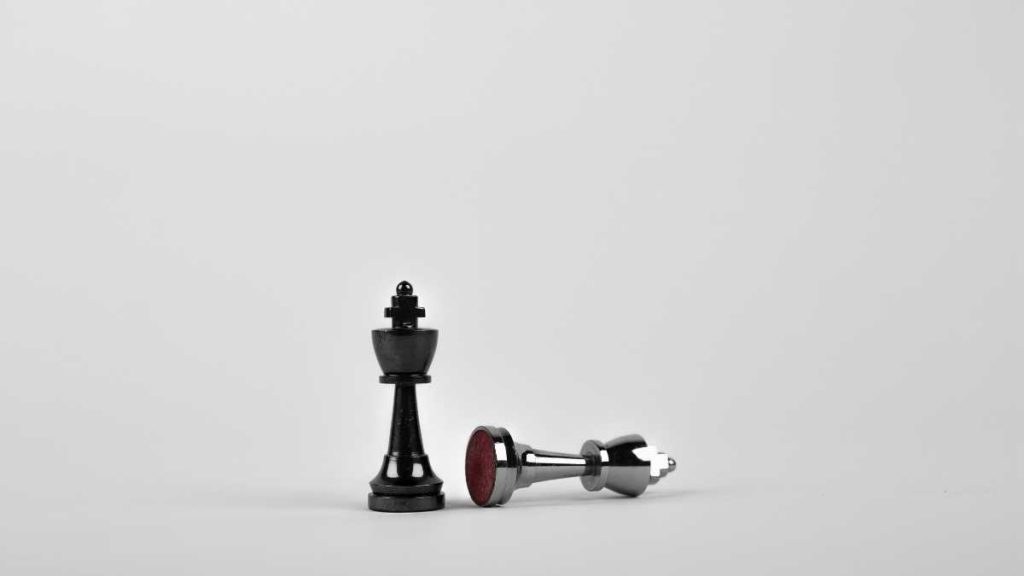Imagine that a customer you are trying to win uses the argument “the X company is selling it cheaper”. You check. There are a couple of answers you may encounter.
- First: company X is really offering the same thing cheaper.
- Second: the company X is selling cheaper a product that is only similar to yours but your client failed to see the difference.
- Third: it’s not cheaper at all but the offer has been constructed in such a way that the consumer thinks so (or he is bluffing all the way just to get you to lower the price).
What do you do?
A standard reaction would be to lower the price. After all, you’ve invested so much into acquiring this customer, it would be a shame to lose him “during the final lap”.
Wrong. You may be thinking you’re profiting off this client but the truth is you earned less (or you did not profit at all) in the short-term. And the long-term consequences of lowering the price permanently will be even more devastating. To keep selling for less, you start to skimp on quality. You earn less so you spend less on advertising and R&D. Fewer people buy less innovative products from you. Can you avoid the price war?
When not to react to the price drop?
The simple information that your competitors have dropped their prices should not warrant an immediate reaction. Try to dig deeper, learn the reason for lowering the price. Because these price drops may be prosaic and you’ll be best off by… doing nothing.
Question one: do the customers know about the price drop?
In psychology, we have these cognitive biases. One of these biases causes you to assume a higher probability of a phenomenon you encounter more often. That’s why the fear of flying the plane is greater than a fear of driving a car — you encountered a safe car trip more often than a safe plane trip. But the statistics say that it’s the plane that is the safest.
It’s the same with your observation of the market: you keep an eye on your competition and know exactly when and how much they changed their prices. And because you know, you think everybody is aware of this as well. Yet it doesn’t have to to be true! So, until your customers start complaining — do nothing!
Question two: is the discount local or temporary?
There are many reasons why your competitor may want to lower the prices. Perhaps he wants to move the goods that are expiring soon. Or they need a quick cash fix to pay a due loan. Or maybe it’s just a local sale of certain goods (because they’re opening a new store)? In all the above cases, you’ll be better off keeping your prices intact. Wait it out. Or answer with a precise strike, targeting exactly the same customers. After all, if your competitor is discounting only to students, why would you discount anyone else?
Is it really cheaper? Instead of lowering the price… try to make the comparison harder!
OK, you’ve done your homework and it turns out that you really need to lower your price. Or do you? You may still have some tricks up the sleeve that allow you to avoid the price war.
- Price variations. If your customer is complaining about the price… introduce a more expensive version of the product! Thus the thing you want to sell appears as the cheaper alternative. But there’s more to it. For your customer, it’s easier to compare your cheaper product to your more expensive one than to a completely different product offered by your competitor. It’s called “-A rule”. And it works. More on this in this article on the psychology of pricing.
- A different unit. Two cans of soda at two different stores cost 70 and 90 cents. Which is cheaper? The answer may be obvious, but you failed to ask about… the can’s capacity. The first one holds 200 ml, the more expensive one is 250 ml. Which soda (not the can!) is more expensive? If the customer pays attention to cans, you can offer a cheaper can but with less soda in it.
- Packages. The price of gas is easy to compare between stations. But if you create a package (the gas with a sandwich) you can speak about the lower price for the gas (because your margin will be in the sandwich).
- Split the price. When you “buy” a bank deposit, you look at “the price” — namely, the interest rate you are getting. The higher the rate, the better, right? But when you actually come to the bank it turns out that the high rate only applies to a chunk of the money. Or is available only when you buy an insurance or a credit card with the deposit. Split the price and show off only the part that your customers pay most attention to.
- Make them… pay for the discount! Amazon allows its customers to pay extra for the Prime service — and then get free delivery with every purchase. WizzAir has a Wizz Discount Club — for 30 EUR a year you can… buy cheaper tickets. In both cases, customers pay upfront for the discounts you are going to offer them.
Lowering the price permanently and for everyone should be your last resort. If you don’t want to harm your business, treat the above analysis as a mandatory element of each discounting process. Because discounting is easy. Converting the customer back to paying the full price — not so much.
